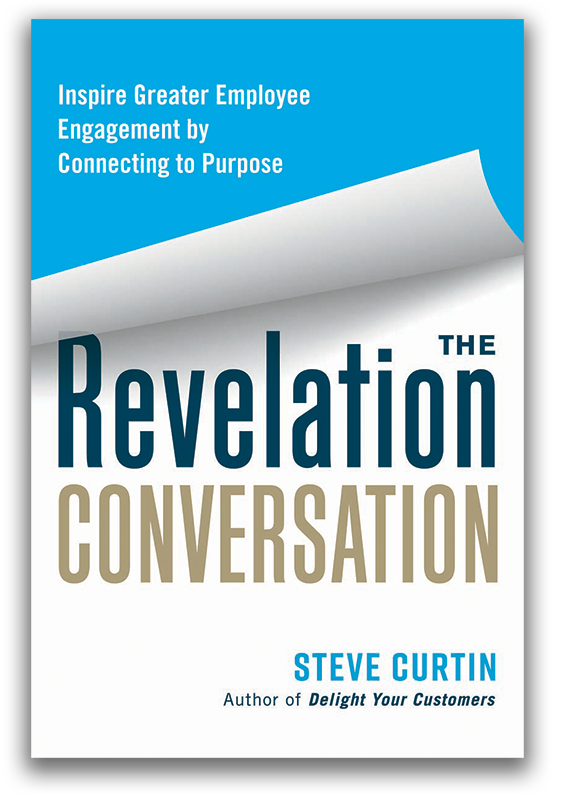 A recent Wall Street Journal article provided a trove of insights into online consumer reviews based on academic research from Dartmouth, Harvard, and others. Some of the research validated what one might expect: that verified reviews have more credibility with consumers than anonymous reviews. But there were a few surprises too. For instance, research suggests that four stars can be better than five, and that ratings matter more for products than for experiences.
A recent Wall Street Journal article provided a trove of insights into online consumer reviews based on academic research from Dartmouth, Harvard, and others. Some of the research validated what one might expect: that verified reviews have more credibility with consumers than anonymous reviews. But there were a few surprises too. For instance, research suggests that four stars can be better than five, and that ratings matter more for products than for experiences.
Here’s a summary of what the latest research shows about what customers are looking for with online reviews, what increases trust and confidence in a review, and what ultimately prompts them to book a reservation or place an order.
- Nearly 95% of shoppers read online reviews before making a purchase
- 32% of consumers visit a local business’s website after reading a positive review
- Purchase likelihood increased by 270% for a product with five reviews vs. one with no reviews at one retailer studied
- A single-star increase in a restaurant’s overall Yelp rating led to a 5% to 9% rise in revenue
- Purchase likelihood increased by 380% for higher-priced items that display reviews
- 89% of people ages 35 to 54 trust online reviews of local businesses as much as personal recommendations
- Purchase likelihood increased by 15% when reviews were verified vs. anonymous
- Purchase likelihood across product categories typically peaks between 4.0 to 4.7 stars, before decreasing as ratings approach 5.0
- 16% of consumers visit a local business after reading a positive review
The more you know about how to interpret and, when necessary, respond to online consumer reviews, the more prepared you will be to succeed in an increasingly digital world — one that’s inextricably linked to highly visible reviews and ratings.
Source: Blackman, A., (2020, October 26) How Consumers Really Use Online Product Reviews, Wall Street Journal, pp. R6-7
Graphic: Wall Street Journal



